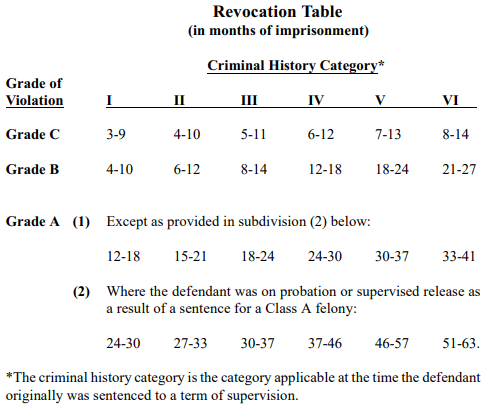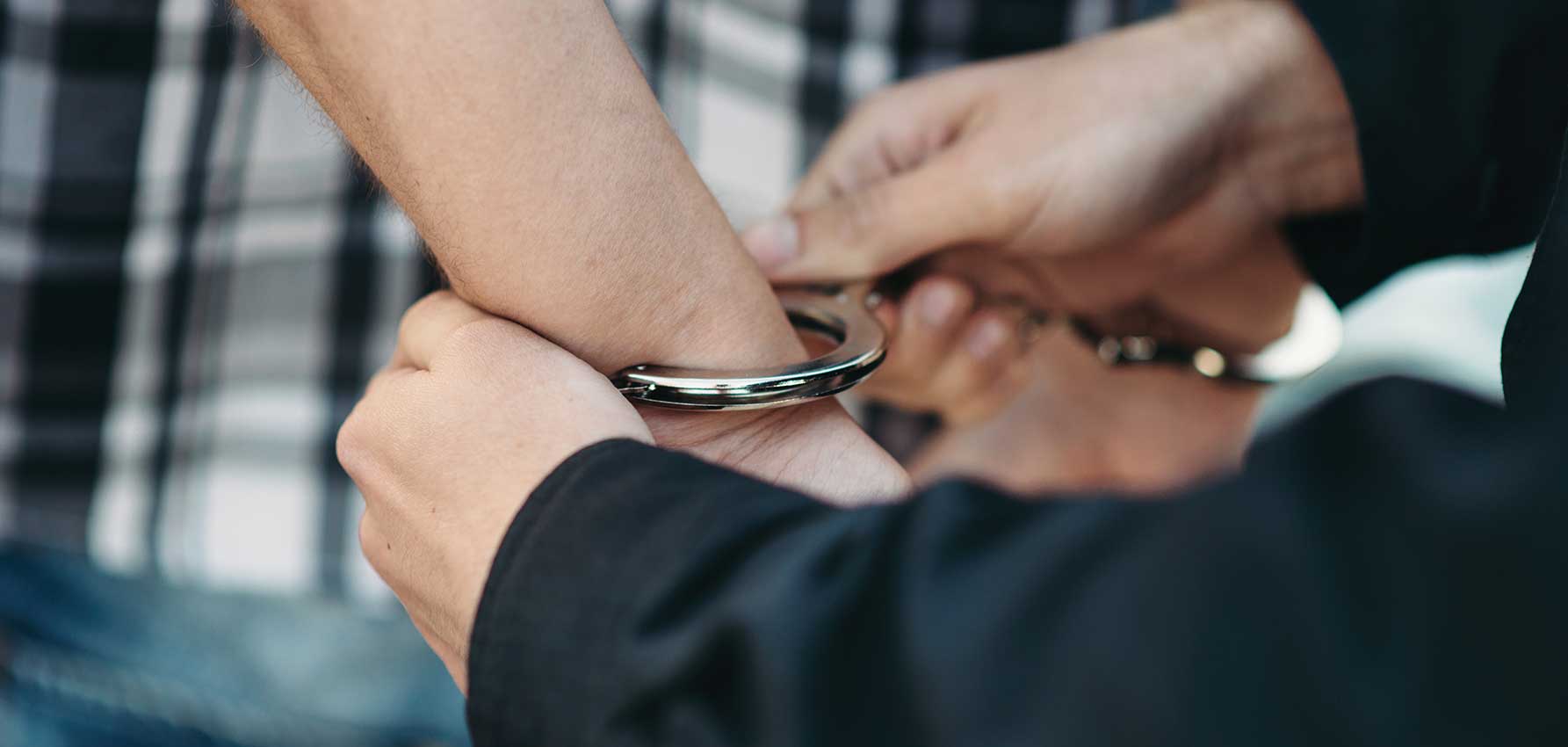Defense of Violations of Supervised Release and Federal Probation
You have a dire situation once a federal probation officer or the United States Attorney’s Office files a petition to revoke your supervised release or probation.

Highly qualified, aggressive, and effective federal criminal defense lawyers in Michigan.
If a federal probation or supervised release petition is filed against you, you must appear before the court “without unnecessary delay,” Your lawyer can petition for you to be released on bail pending a revocation hearing. If probable cause is found that there was a violation of the terms or conditions of supervised release, the court “must hold the revocation hearing within a reasonable time.” Suppose the violation is based on a new criminal offense. In that case, the Sentencing Commission’s policy is that any sentence for the violation must be consecutive to the sentence received for the new offense. Consecutive sentences are terms of imprisonment served one after the other instead of concurrent sentences served simultaneously.
Violation allegations are legally complex and can have harsh direct and indirect consequences. A skilled federal defense lawyer can take measures to protect and defend you and mitigate any consequences you might face. For example, the probation officer and court must follow stringent procedural rules once a violation is alleged. If those rules are not followed, the judge might be forced to dismiss the violation based on a technicality. Also, probation officers might misinterpret the facts of a violation or assume unfavorable allegations are true. In these cases, an aggressive lawyer must attack and discredit the evidence to prove their client is innocent of the alleged violation. Finally, someone might be guilty of a violation; however, mitigating or equitable facts and circumstances might be used to limit or eliminate any punishment.
Mandatory Grounds for Revocation of Supervised Release or Probation
The probation officer is required to petition for revocation when an alleged offender:
- Possesses a controlled substance (in some circumstances)
- Unlawfully possesses a firearm
- Refuses to comply with drug testing imposed as a condition of supervised release
- Has four positive drug tests in one year
Types of Violations
Probation and supervised release violations are divided into three grades depending on the severity of the violation and potential punishment. In all three cases, the violation must be proved by a preponderance of the evidence.
- Grade A violation – Engaging in a federal, state, or local offense punishable by more than one year of imprisonment constitutes a crime of violence or drug trafficking or involves possession of a firearm or destructive device.
- Grade B violation – Being charged with or convicted of other federal, state, or local offenses punishable by more than one year of imprisonment.
- Grade C violation – An allegation of federal, state, or local offenses punishable by one year or less in prison or a violation of any other condition of supervision.
The court must revoke probation or supervised release under federal law for a grade A or B violation. In the case of a Grade C violation, revocation is discretionary. If there is more than one violation, the violation’s grade is determined by the violation having the most severe grade.

Probation and Supervised Release Violation Sentencing
The potential prison sentences for someone found guilty of a federal probation or supervised release violation are as follows:
- Class A felony – up to five (5) years
- Class B felony – Up to three (3) years
- Class C or D felony offenses – Up to two (2) years
- Any other cases – Up to 1 year
In the case of a Grade C violation, the probation officer has the discretion not to report the violation to the judge if the violation is minor, not part of a continuing pattern of violations, and not reporting will not present an undue risk to an individual or the public or be inconsistent with any directive of the court relative to the reporting of violations.
In the case of a second or subsequent Grace C violation, the Sentencing Guidelines’ commentary states that revocation of probation or supervised release is appropriate. The defendant does not get any credit for time served while waiting for the violation hearing or sentencing, unless the time was served solely for the alleged violation. Suppose the original sentence was based on a charge reduction, sentence variance, or departure under the Sentencing Guidelines. In that case, the Sentencing Guidelines suggest that the judge consider an upward departure on the violation sentence.
Where a defendant violates federal probation or supervised release by possessing a controlled substance or a firearm, the court must revoke probation or supervised release and impose a sentence that includes a term of imprisonment. On the other hand, if there is a violation based on a failed drug test, the court will consider whether the availability of appropriate substance abuse programs or the defendant’s current participation in treatment warrants an exception to the requirement for mandatory revocation and imprisonment.


Defense of Supervised Release Violation or Probation Violation
Judges in federal court take allegations of a violation exceptionally seriously. When many federal defense lawyers are too intimidated to handle allegations of a judge on a violation of probation or supervised release, the defense team with LEWIS & DICKSTEIN, P.L.L.C. is not afraid to fight to protect you and stand up against any challenge. If you are accused of a probation or supervised release violation on a federal felony or misdemeanor, please call us today, and we will find a way to help you.
Call us today at (248) 263-6800 for a free consultation or complete an online Request for Assistance Form. We will contact you promptly and find a way to help you.











